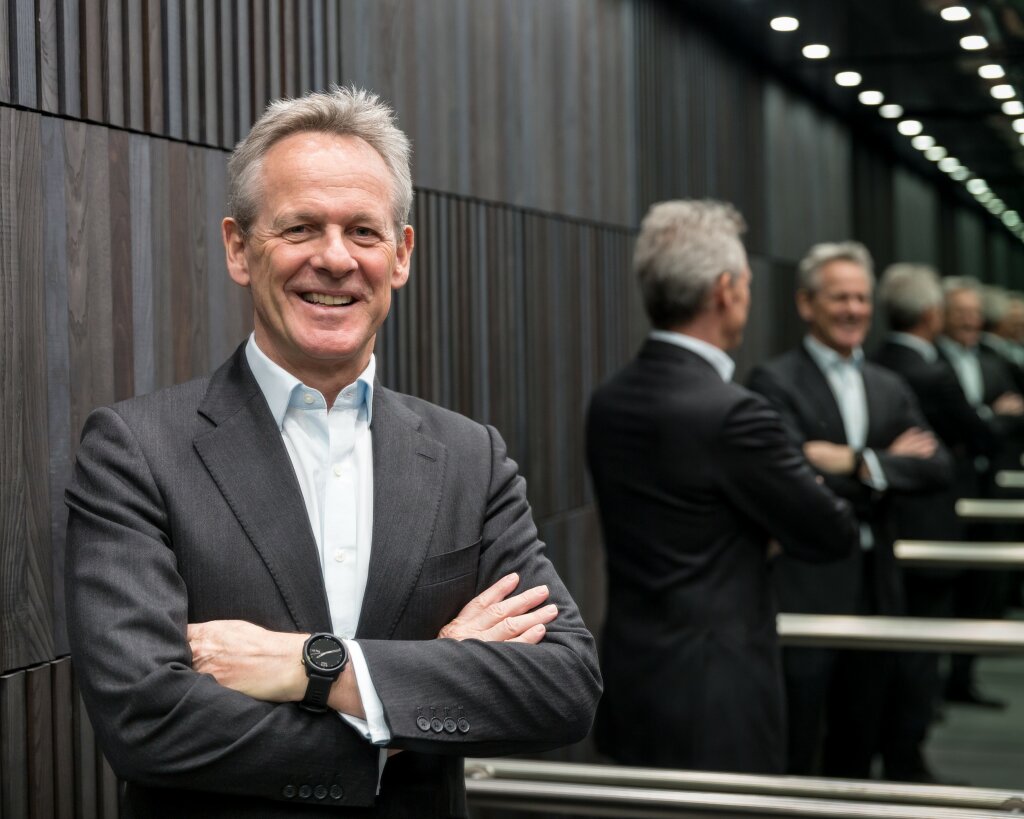It is true that the world is never far from crisis, but it seems the pace of global turmoil has been relentless of late.
It is one wave of negativity after another, even greater, wave: the widespread and lingering impact of the global financial crisis, uncertainty around Brexit, new prime minister followed new prime minister and a global pandemic thrown in for good measure.
Complex geopolitical situations have also played a significant role, adding to more universal issues that are changing the ever more connected world, such as the looming spectre of climate change and the perceived risks surrounding the rise of artificial intelligence. For investors, there is also the effect of a decade of quantitative easing leading to swollen asset price bubbles, rampant inflation and skyrocketing interest rates that have sent tremors through the investment landscape.
The relentless siege of change and disruption has led many investors to pause and take stock before making their next move. Research from JLL reveals total investment volumes for H1 2023 are down 53% year on year.
“In a world where the pace of change seems to be increasing, what's around the corner may well be yet another challenge rather than the stability that has been hoped for, and that's where property can play a role.
”
Property has tended to provide stability in times of uncertainty. But behavioural shifts such as changing working practices, evolving shopping habits and corporate issues around equity, diversity and inclusion and workplace culture have transformed the sector, forcing investors to drastically rethink portfolios that once - not all that long ago - seemed rock solid.
Obsolescence has always been a concern for investors. Now, however, regulations such as the Minimum Energy Efficiency Standard, coupled with the increasing emphasis on environmental, social and governance among corporates, have meant buildings that may have been considered prime assets just a few years ago have an uncertain future. Sustainability has become the number-one concern when considering the long-term viability of real estate assets.
Of course, this brings forward opportunities as well as challenges. For example, The Kensington Building has been successfully transformed from a tired 1970s office block into an elegant and sustainable workplace, reusing more than half of the existing concrete frame. But a transformation such as this requires more thought, more care and more dedication, and not all buildings are suitable: it's not one size fits all.
The good news is that London remains a beacon for global capital looking for safe harbour. Knight Frank's 2023 Wealth Report reveals that London took the greatest share of cross-border investment in 2022 by a significant margin, receiving $2.Sbn (£2bn), or 15%, of private capita l compared with the $1.8bn (£1.Sbn) spent in Singapore, the second most popular city.
To continue this relative strong performance, in an ever-changing world, property must adapt just as quickly, understanding changing priorities and ensuring they are reflected in the buildings and environments created. It may seem counterintuitive, but if the sector is to remain a source of stability, it must always be evolving. As tempting as it may be to long for a predictable and static environment, there will always be challenges and change. As ever, those who are thoughtful and adapt will be best placed to outperform.
